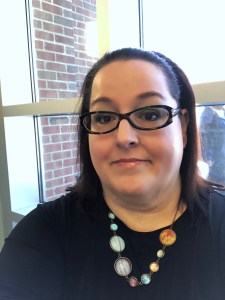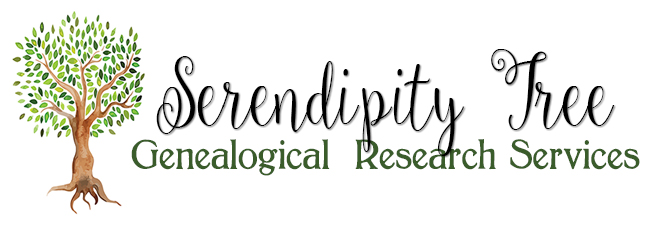
Have you heard of a Death Cafe? Having originated in the UK, death cafes are popping up everywhere stateside and offers a great place to have a conversation about death in all its capacity. There is no agenda, no set topics, no religion was pushed, it isn’t meant as therapy… it was just a simple, straight-forward gathering to have open conversations about death and to help dispel the taboo nature of it all. In the past, death was talked about more freely by society. Epidemics, disasters, and war made death a daily reality and it was more wide and openly discussed but as medical technology emerged that extended the human lifespan, our mortality became an underground topic. But we should talk about it… A LOT… openly and honestly with friends and family so when the time does come, everyone is prepared and on the same page as to one’s final wishes.
I recently attended one in Poughkeepsie at the library and I wasn’t quite sure what to expect but I was pleasantly surprised and came away thinking about death and how it affects everyone differently. My own views have been affected by certain events in my life, religion, genealogy, and my “real life” job. To see others had the same/similar things that changed their views of death too, was somewhat of a comforting relief. I have always seen death differently, not a terrible, fearful event but an inevitable beginning to a hopeful new adventure. And never being afraid to talk about it, doesn’t always make you a popular choice for a companion or friend. (shrug)
The session started off with a set of coordinators telling the group that this was an agenda-free event. No prompts were given, no one was pushing their own set of beliefs, no one was to offer advice or assume to tell others how to handle certain “death related” situations. The only suggestion we were given was to perhaps introduce ourselves and why we came to the death cafe. My table was my best friend Colleen, her cousin and his friend (neither of which I was familiar with prior to the cafe), and a random other attendee. We all took turns saying why we came and the discussions just grew naturally from that introduction. One of the coordinators came to our table to join us and he was a very encouraging and gentle at prompting each of us to take our turn speaking so that no one person dominated the conversation. At the halfway point, we were allowed to swap tables if we wanted. The random attendee left and was replaced by another but our table fairly much stayed the same, likely out of familiarity and comfort with each other.

The experience was extremely eye opening. Some had near-death experiences or health scares that dramatically affected their beliefs (or fears) about death. Some were still reeling from a family death and processing how to grieve. Others were worried about how to prepare their family for their deaths or how to ensure their wishes would be granted. But I think the most profound conversation that stayed with me as a genealogist and family historian, was that so many were worried about the legacy they’d leave behind. From talking about how/where they wanted to be buried, how they wanted their last hours to be (with family or alone), to the fear of people fighting over heirlooms – the conversations were deep and very meaningful.
Granted, nothing I heard changed my own decisions about my death or how I want it to be handled one day, nor did it affect my long-held personal beliefs, but it did open a window into other’s perspectives of how they handle death issues. It did make me think more about the legacy I’m leaving behind for my family and my grand-daughter though. When I told my table attendees how I write baby Mia every week and tuck it away in a box, they all chimed in about what a wonderful gift that will be someday for her. I have always kind of felt silly writing to future her, but I now have a deeper understanding of the importance of it and will continue to do so for her.
If you would like to learn more about the Death Cafes… or see if one is coming near you, click here!

